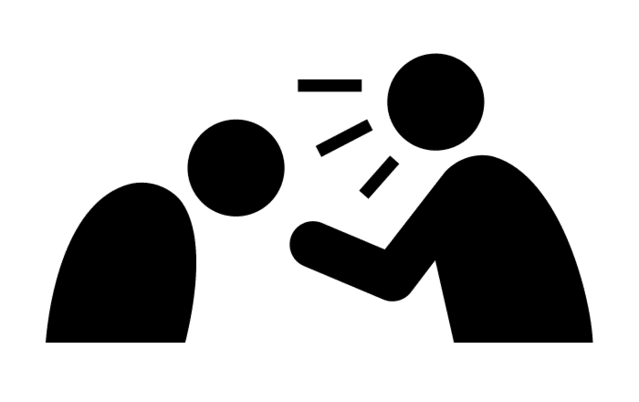Bullying, intimidation, intrusive control, cruel insults, humiliation, threats, excessive demands, boycotts and isolation – psychological abuse maims children as much, if not more, than physical abuse.
Children should not be beaten – it seems that in our time all more or less civilized people already understand this. In a number of countries, punishments are already being introduced for dissolving parents.
The shift in societal acceptance of the bodily integrity of the child is welcome. But the constant emphasis on the inadmissibility of precisely physical violence shifts the focus – it takes the drama of children growing up in an atmosphere of psychological aggression into the background.
To fill this gap is a major study by American social psychologists led by Joseph Spinazzola of the Justice Resource Institute in Brookline, Massachusetts. His results are published in the journal Psychological Trauma: Theory, Research, Practice, and Policy, published by the American Psychological Association.
The authors used data from a large national database containing information on 5616 young people of both sexes and different racial groups. At the time of entering the database, which was assembled in 2004–2010, they were 10–12 years old.
All of them were subjected to physical, sexual or psychological abuse by their parents or persons replacing them
The material for the study was interviews with these children, data from diagnostic surveys, questionnaires from parents, as well as other documents, including the conclusions of doctors and psychologists, which make it possible to clarify the specific circumstances of ill-treatment.
Physical violence was experienced by 62% of the children included in the sample, and only psychological – 24%. By the latter, the authors mean harassment, intimidation, intrusive control, cruel insults, humiliation, threats, excessive demands, boycotts and isolation.
It turned out that psychological abuse cripples the child’s psyche no less, and in some cases more than other types of violence. Children who are mistreated suffer from depression, anxiety disorders, and substance abuse even more often than those who are “just” hit.
They are subject to post-traumatic stress and suicidal attempts to the same extent as victims of torture.
In 2012, the American Academy of Pediatrics named psychological abuse the most current and most common form of child abuse.
“Child protection services have a hard time recognizing and acknowledging emotional and emotional abuse of children because it leaves no physical traces. In addition, unlike physical or sexual violence, psychological violence is not considered by society as an absolute taboo.
Awareness-raising campaigns are required to help people understand the harm children and adolescents experience from psychological abuse,” concludes Spinazzola.










